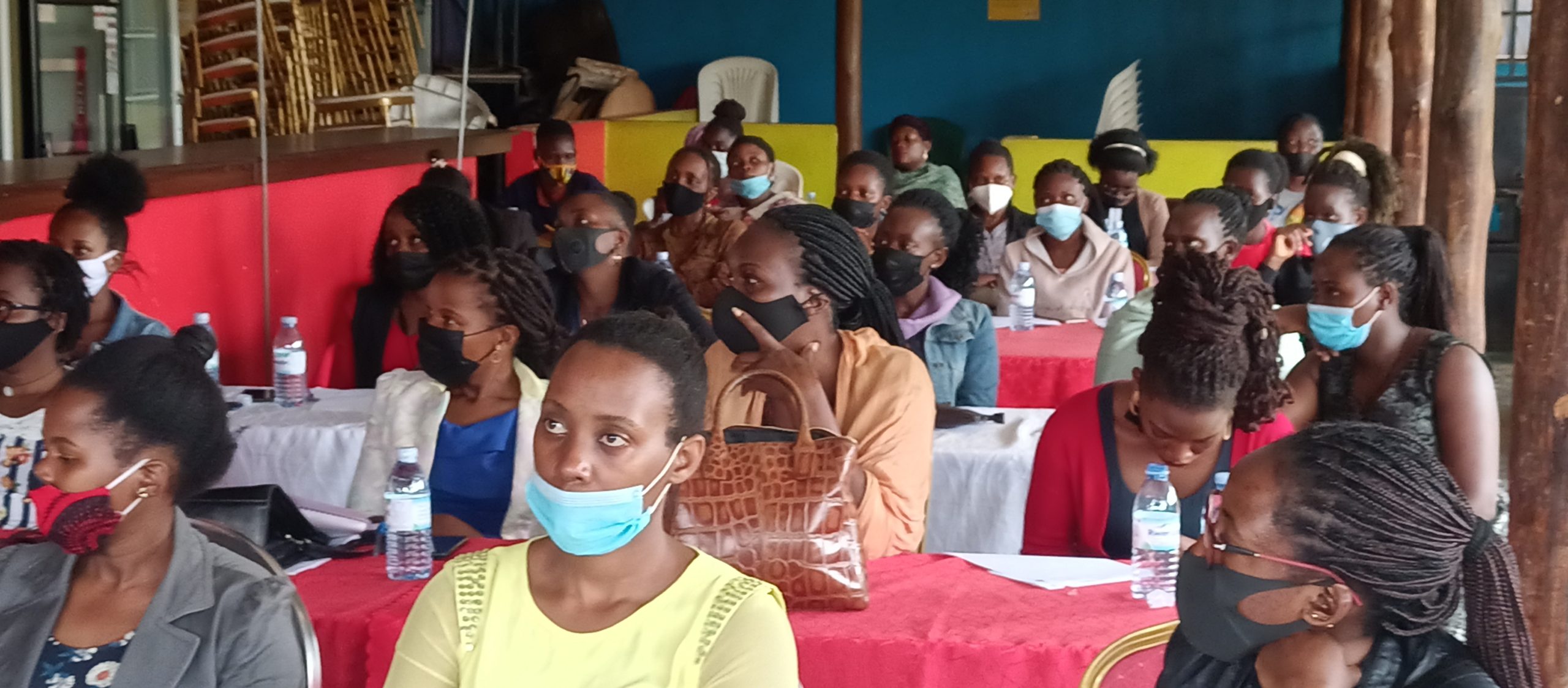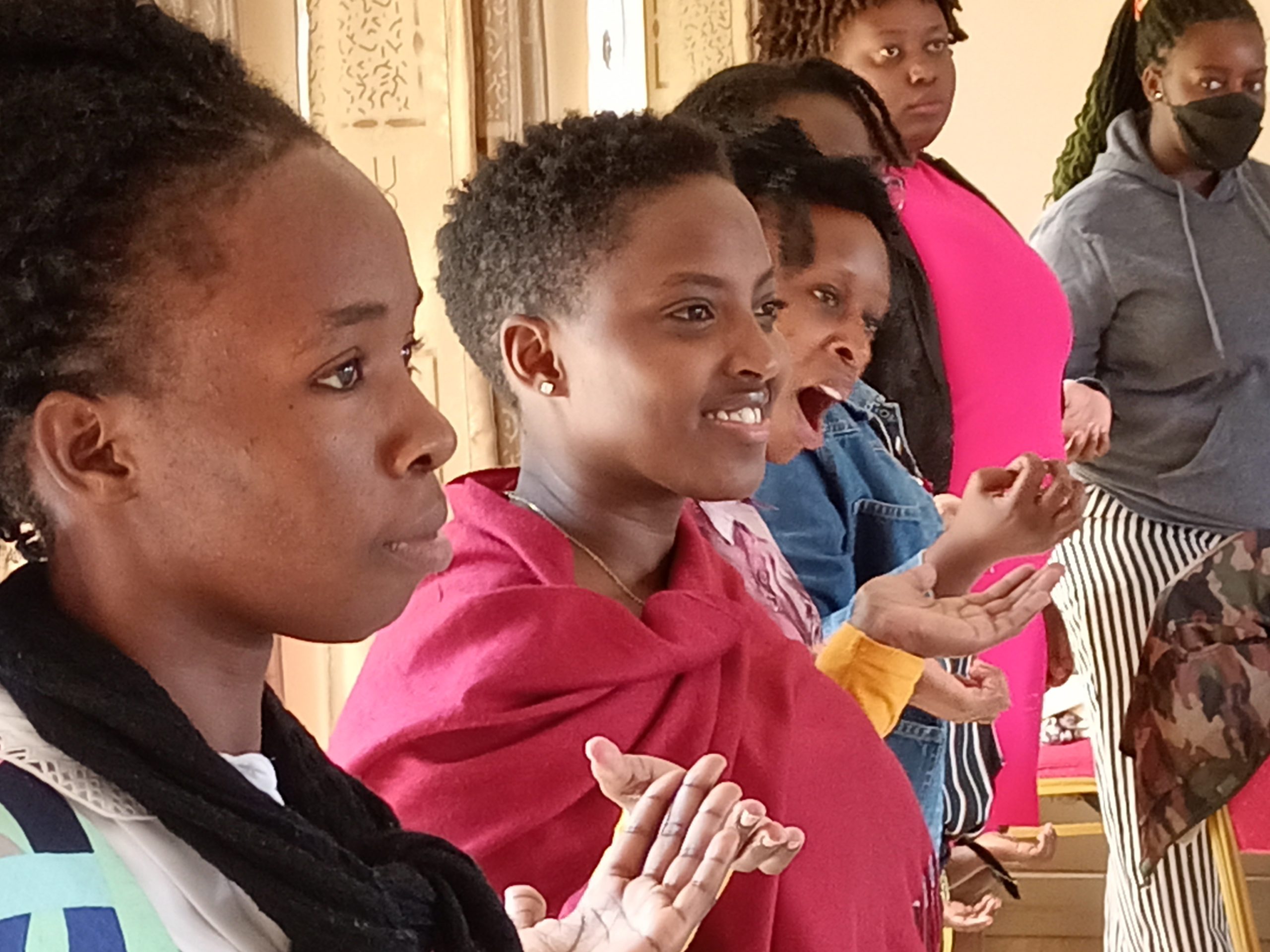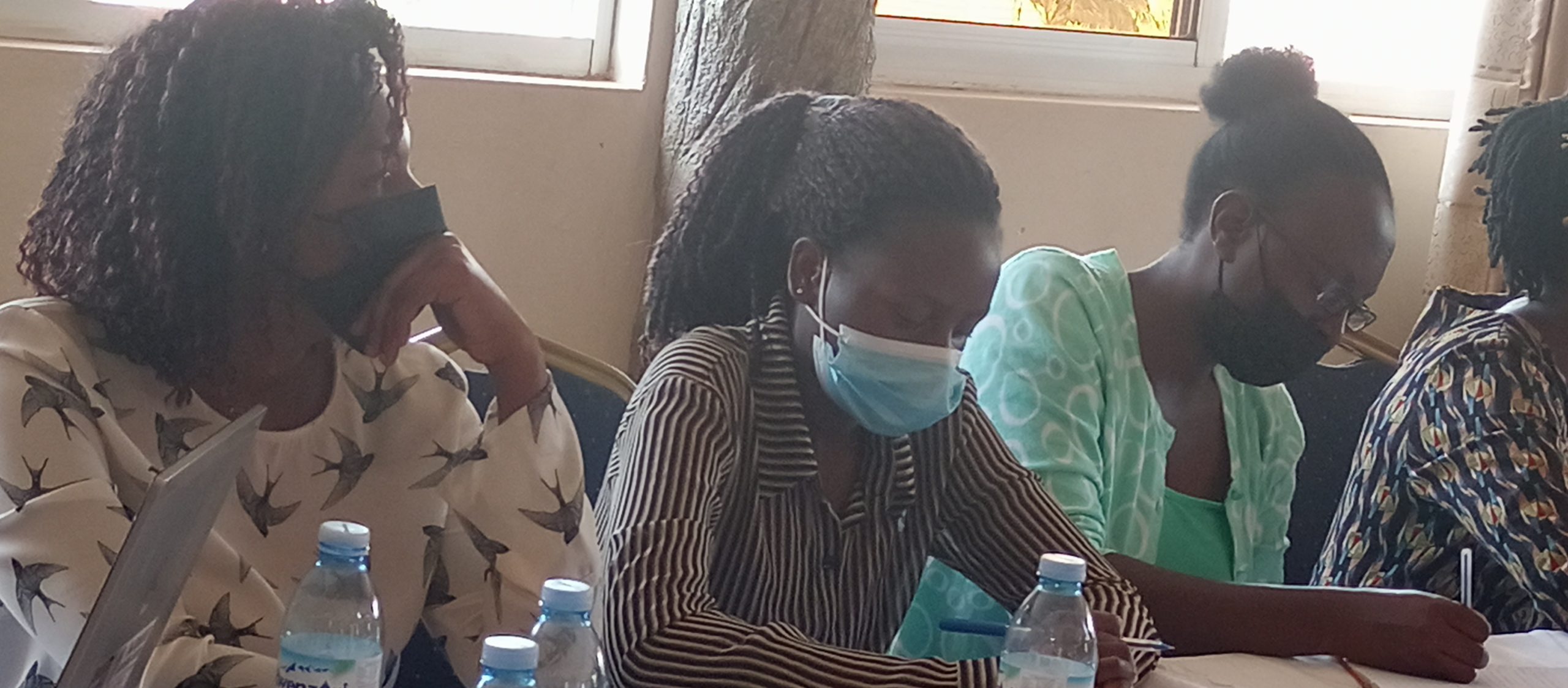Women’s Economic Justice Network (WEJUNET)
WEJUNET is a women’s network that advocates for a wide range of
economic justice issues, all of which limit women’s freedom and success. These include welfare reform, livable wages, paid sick leave, job discrimination, pay equity, financial literacy, and more. When women have decent quality work, labour rights and earn a fair living, they can escape poverty and build prosperity. Across Uganda, women perform the worst work, earn less than men, do more unpaid work, and bear the brunt of the widening wealth gap. In many communities, husbands have the right to stop their wives from taking jobs, which isolates them and creates economic dependency. Caring for the family and home has long been the responsibility of women. This unpaid work means women have less time to participate in their communities and politics, perform paid work, and care for themselves. When a woman is paid a fair and living wage and works in safe and decent working conditions, she has the power to lift herself out of poverty. This benefits her family and her community too. To create a more just society, we must prioritize women. We must build an economy that works for women.
economic justice issues, all of which limit women’s freedom and success. These include welfare reform, livable wages, paid sick leave, job discrimination, pay equity, financial literacy, and more. When women have decent quality work, labour rights and earn a fair living, they can escape poverty and build prosperity. Across Uganda, women perform the worst work, earn less than men, do more unpaid work, and bear the brunt of the widening wealth gap. In many communities, husbands have the right to stop their wives from taking jobs, which isolates them and creates economic dependency. Caring for the family and home has long been the responsibility of women. This unpaid work means women have less time to participate in their communities and politics, perform paid work, and care for themselves. When a woman is paid a fair and living wage and works in safe and decent working conditions, she has the power to lift herself out of poverty. This benefits her family and her community too. To create a more just society, we must prioritize women. We must build an economy that works for women.






